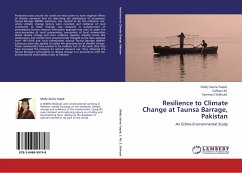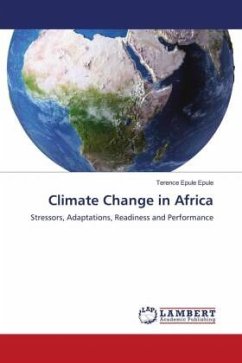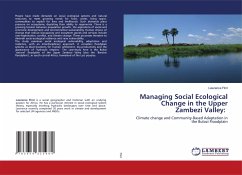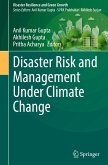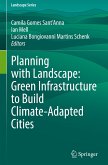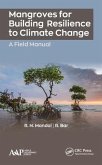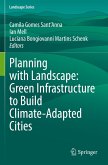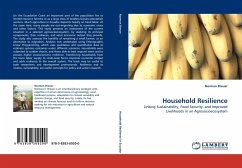Protected areas around the world are more prone to have negative effects of climatic variations that are disturbing the stabilization of ecosystems. Taunsa Barrage Wildlife Sanctuary was studied to be the reference site, where climatic change factors were recorded and resilience of rural community to these changes was analyzed. A questionnaire of participatory human resource interaction appraisal was used to assess the socio-economics of rural communities, perception of local communities about climate change and their resilience capacity. Climatic factor like temperature and rainfall were proportionally changed as the data assessed from 1951-2010 and rural communities around Taunsa Barrage Wildlife Sanctuary were also agreed to realize the phenomenon of climatic change. These communities have proved to be resilient, but at the same time they have increased the pressure on natural resource use. Thus, showing the Taunsa Barrage's vulnerability to climate change is in accordance with the Environmental Vulnerability Index of Pakistan.
Bitte wählen Sie Ihr Anliegen aus.
Rechnungen
Retourenschein anfordern
Bestellstatus
Storno

